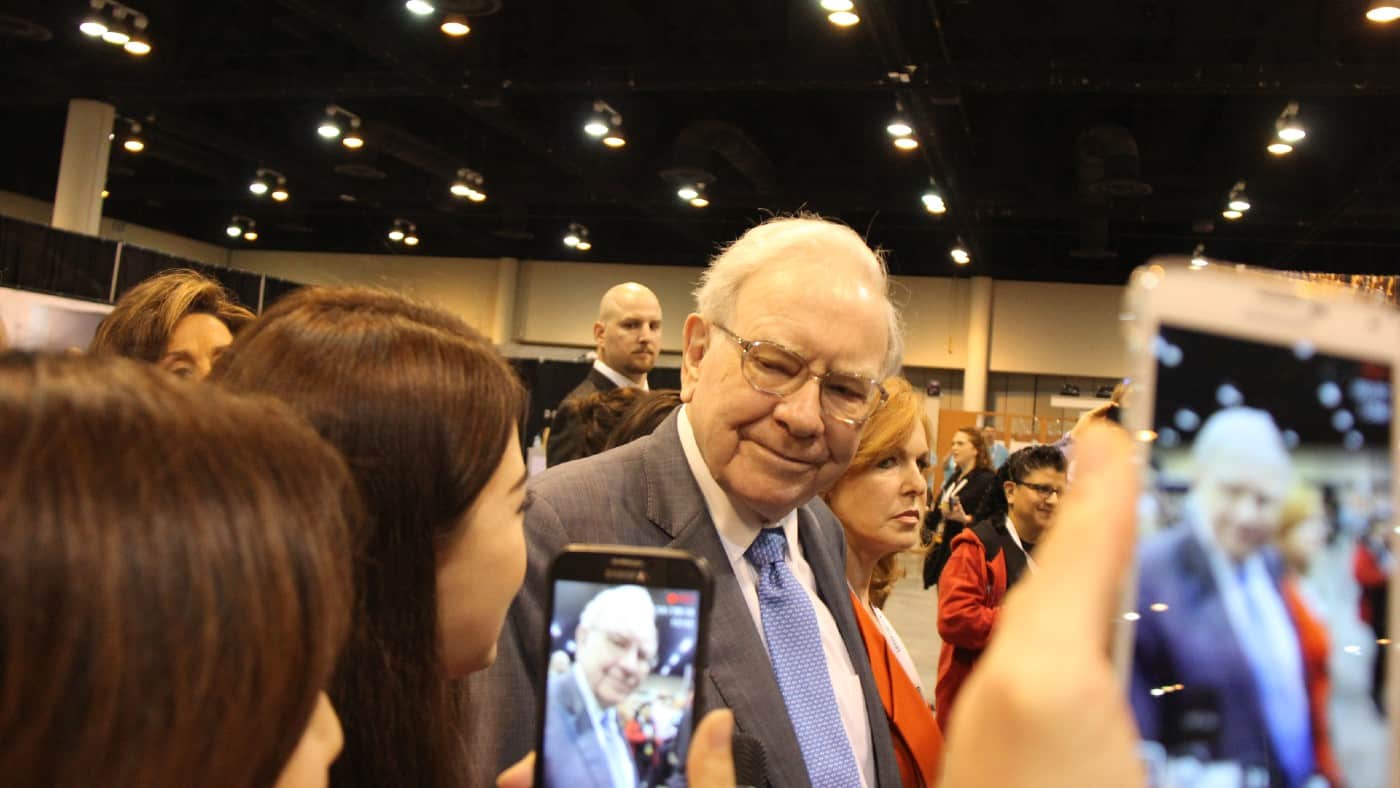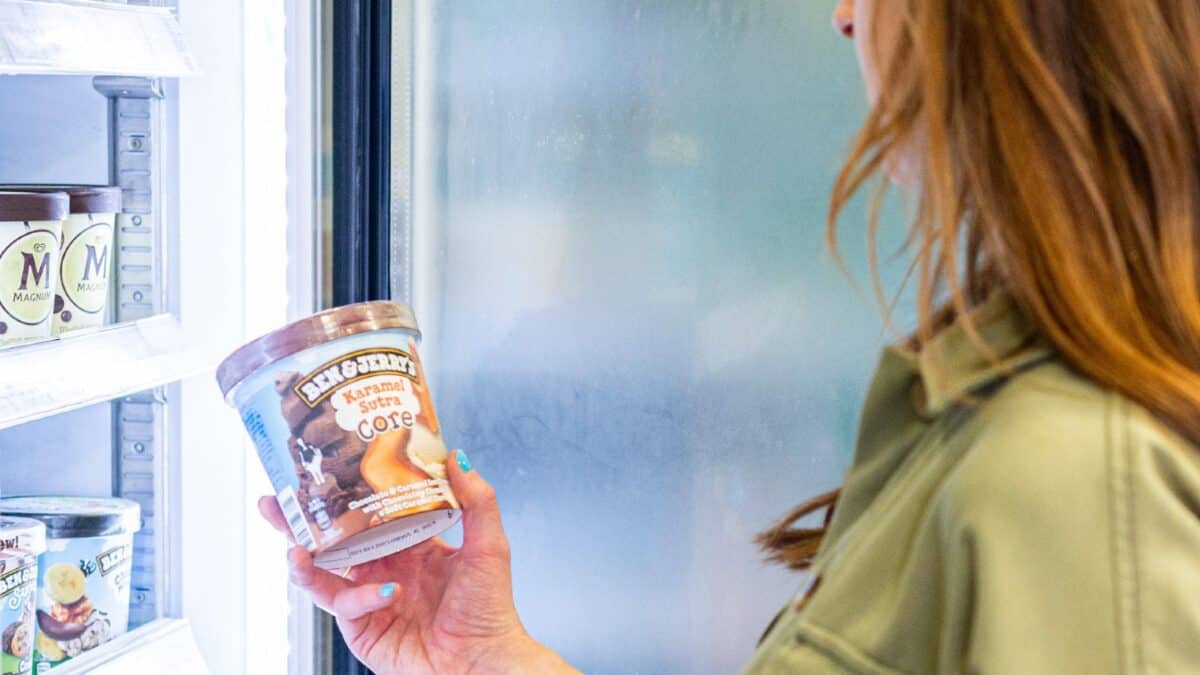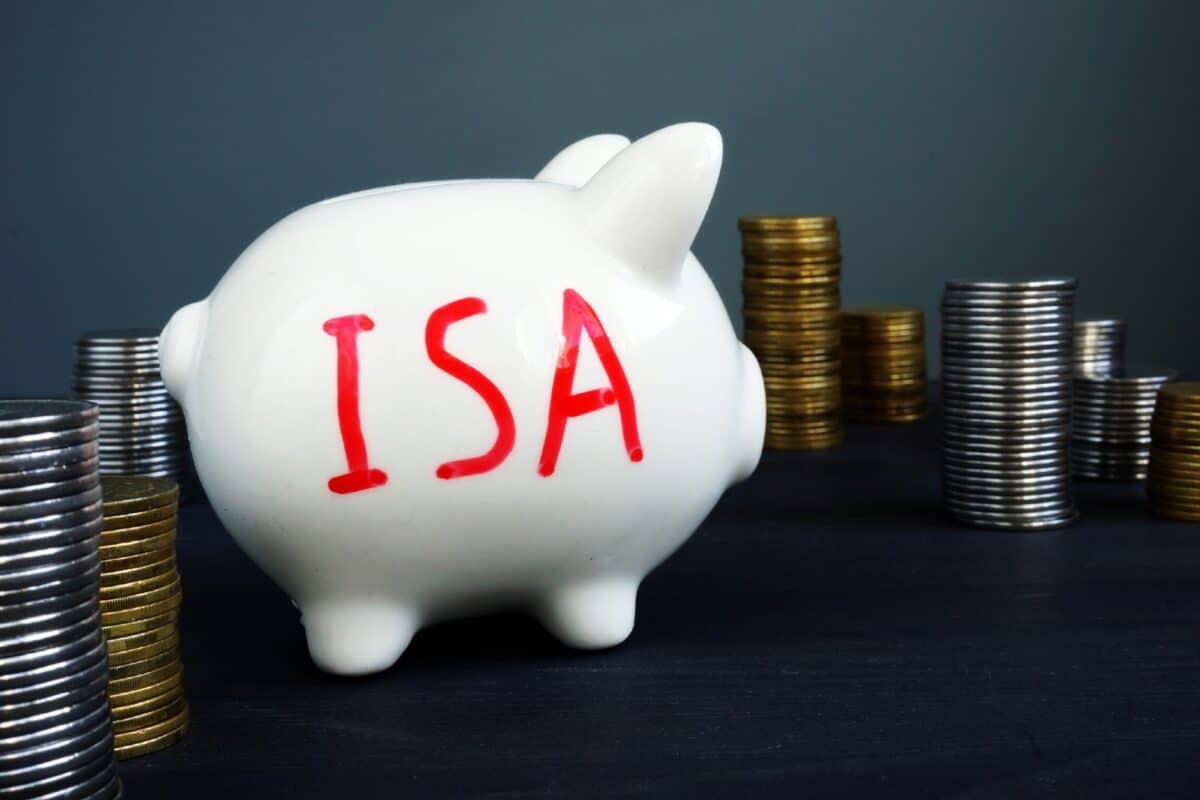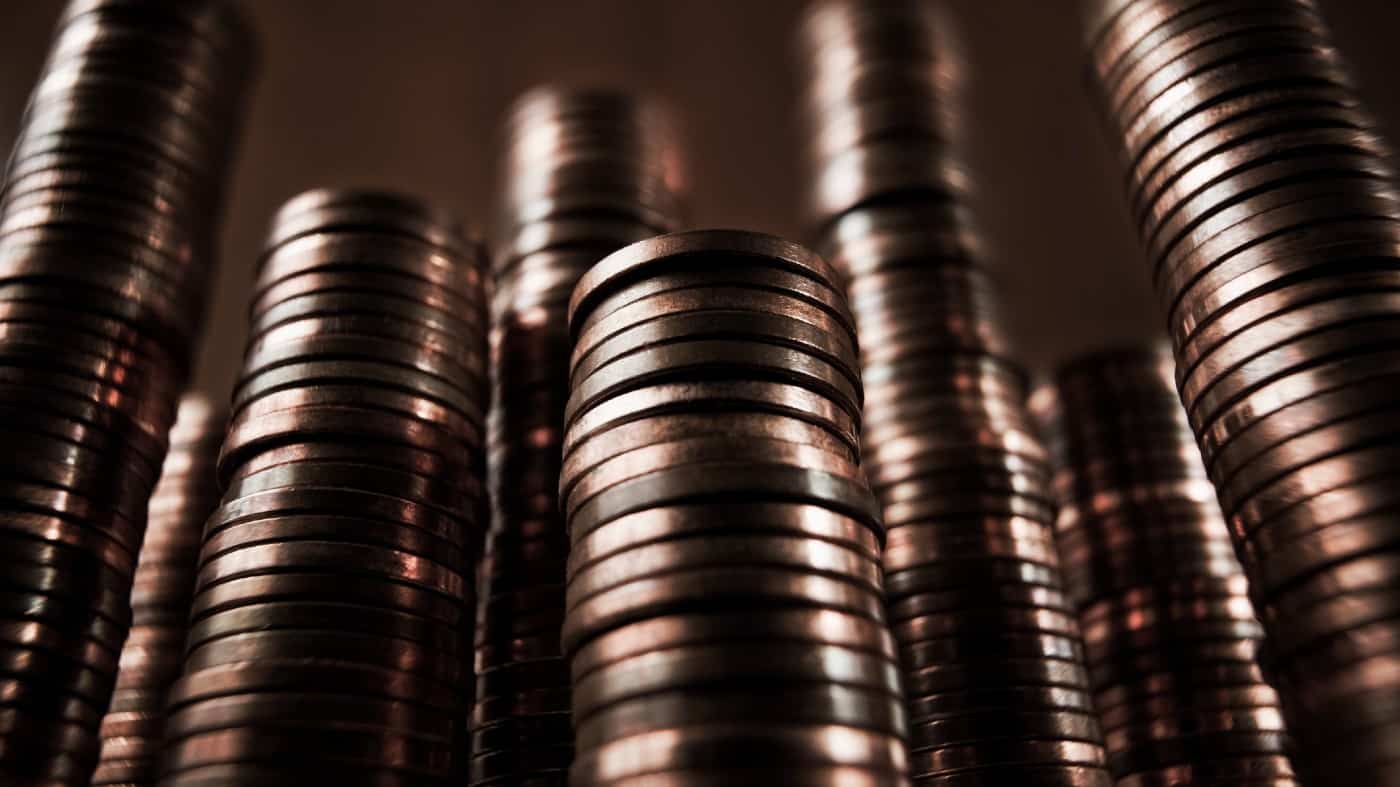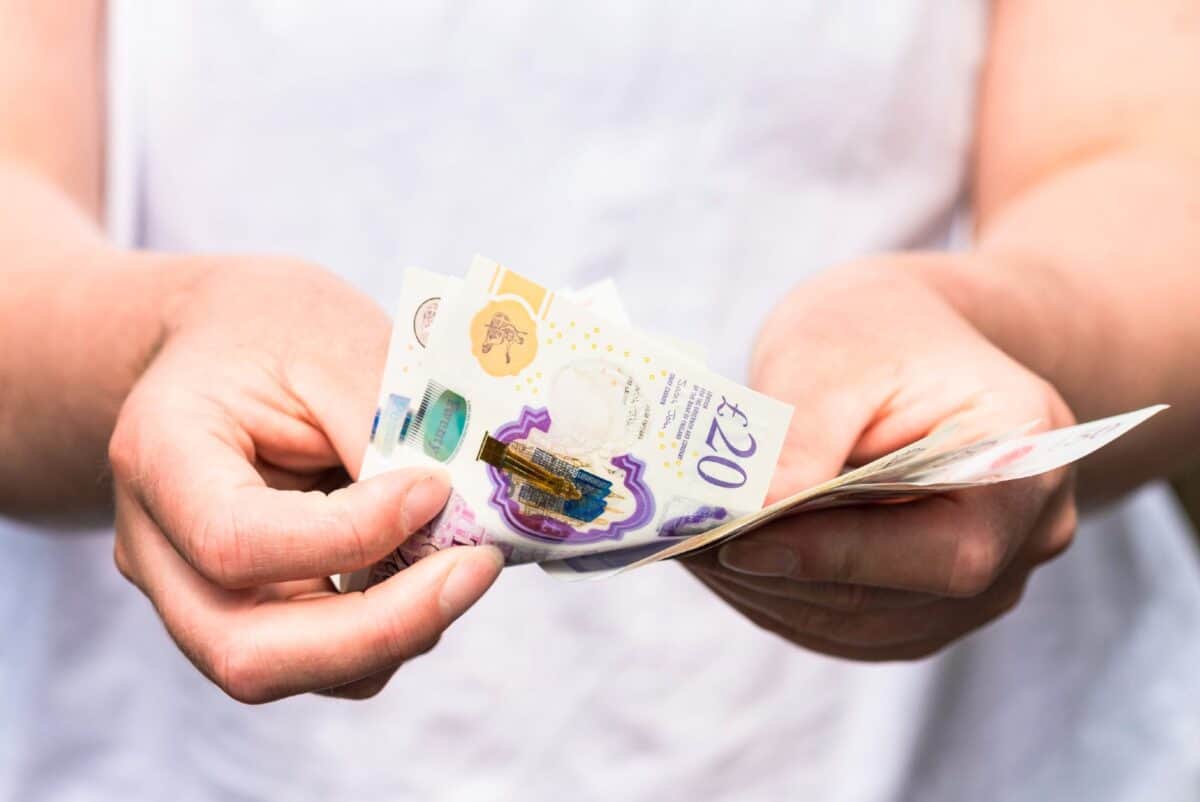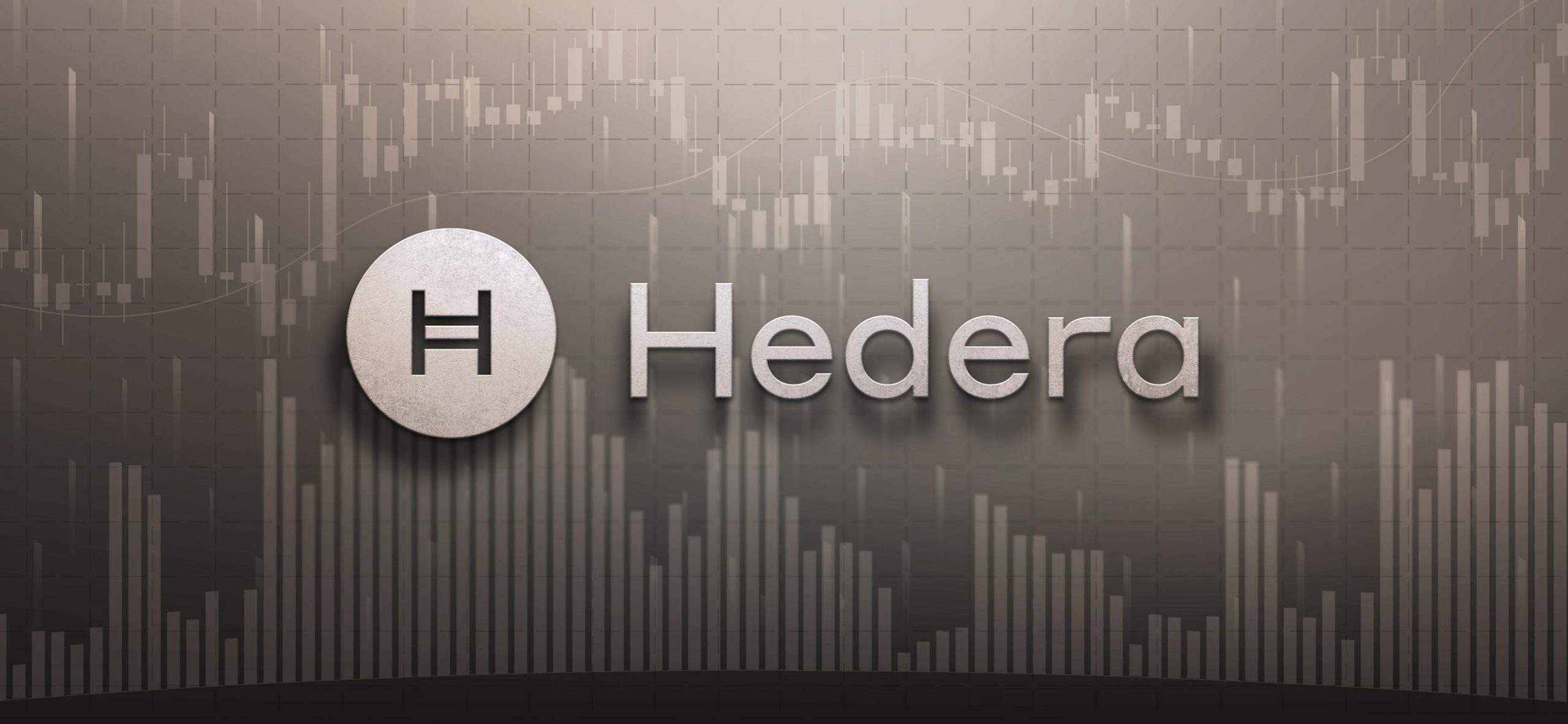Image source: The Motley Fool
Warren Buffett has spent 2024 reducing some of the biggest investments in the Berkshire Hathaway (NYSE:BRK.B) stock portfolio. The main reason is capital gains tax.
Since I keep my investments in a Stocks and Shares ISA, I don’t have to worry about this. That’s why I’m looking to stay invested, rather than following the Oracle of Omaha.
Please note that tax treatment depends on the individual circumstances of each client and may be subject to change in future. The content in this article is provided for information purposes only. It is not intended to be, neither does it constitute, any form of tax advice. Readers are responsible for carrying out their own due diligence and for obtaining professional advice before making any investment decisions.
Investment gains
During the first half of 2024, Berkshire sold 505,560,000 shares in Apple – over half of its stake. And the tax implications of this have been significant.
During this time, the stock traded between $165 and $216 per share. So at the mid-point of that range, Buffett might well have been selling at an average price of around $191.
According to analysts, Berkshire’s cost basis for Apple shares is around $35 per share. If that’s right, the company realised around $79bn in profits.
Or at least, it would have done if those profits hadn’t been liable for capital gains taxes. And that’s where things get interesting.
Capital gains taxes
In the US, capital gains taxes for corporations are 21%. That means Berkshire will have paid away around $16.5bn of its profits to the government.
Buffett pointed out at the annual meeting that this is an unusually low level and was likely to rise. Two months later, the Biden administration proposed to increase this to 28% in 2025.
A change of government means this isn’t likely to happen. But if it had, Berkshire’s tax bill would have increased to $22.1bn on the same basis.
In other words, Buffett’s decision to sell during the first half of the year might have saved Berkshire $6bn in taxes. That’s a significant result.
Coca-Cola
These kinds of tax considerations also explain why Buffett hasn’t been selling shares in Coca-Cola. In 1994, Berkshire completed its purchase of 400,000 shares for $1.3bn.
Today, that stake is worth $25.5bn, which would mean $24.2bn in pre-tax profits. But that would be reduced to $19.1bn after tax.
Berkshire receives around $776m per year in dividends. To do better than that with $19.1bn, the company would have to find a stock with a yield above 4% with better growth prospects.
That might be impossible, which means Buffett selling Coca-Cola shares doesn’t make sense in the way it does with Apple. In Coke’s case, Berkshire stands to do better by just collecting the dividends.
Why I don’t have this problem
Buffett’s problem of having made 450% on an investment is a nice one to have. But if I’m ever in this situation, I’m not going to have to take a view about what future tax rates will be.
Holding my investments in a Stocks and Shares ISA means they aren’t eligible for capital gains tax. So I’ll be able to hold onto them without having to worry about losing profits to tax.
Credit: Source link

